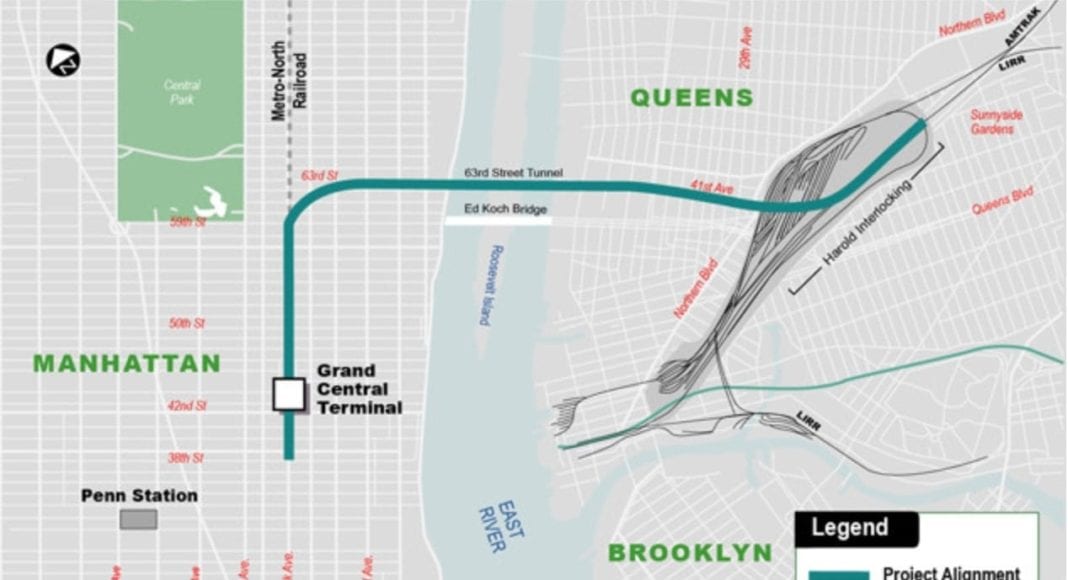Boingo to deploy DAS at Grand Central, Jamaica Station and other transit locations
In a deal announced Nov. 28, Boingo Wireless said it has worked with New York’s Metropolitan Transportation Authority to secure the wireless rights to outfit two transit facilities with distributed antenna systems and Wi-Fi.
Per the deal, Boingo will deploy wireless solutions in the MTA’s Long Island Rail Road Atlantic Branch and the Grand Central Terminal East Side Access facility; the arrangement covers design, build, operation and maintenance services.
The Atlantic Branch project includes the Atlantic Terminal, Jamaica Station and the Atlantic Avenue Tunnel that connects them. The East Side Access project covers a new eight-track terminal and 25,000 square feet of retail space. All told, the new wireless systems will serve approximately 162,000 people per day.
“Securing the wireless rights for not one, but two MTA projects is a significant win for Boingo that demonstrates our strong leadership position as the service provider of choice in the transportation vertical,” CEO David Hagan said in a statement.
He continued: “These long-term agreements represent two of our largest DAS venue agreements in company history, extending Boingo’s high-density wireless networks to some of LIRR’s most trafficked terminals, while covering more than 15 miles of tunneling. We look forward to growing our New York footprint and working alongside the MTA to satisfy the growing demands of connected passengers.”
Boingo is currently engaged in New York City to provide connectivity at the World Trade Center Transportation Hub, JFK, LaGuardia and Newark airpots, the Port Authority bus terminal and the Lincoln and Holland tunnels.
Revenue from the distributed antenna system (DAS) segment accounted for 38% of Boingo Wireless’ overall revenue in the third quarter of the year, slightly down from a contribution of 41% in the year ago period.
DAS revenue totaled $24.4 million in Q3, up 12.2% compared to the third quarter of 2017. DAS revenue for the quarter was comprised of $18.2 million of build-out project revenue and $6.2 million of access fee revenue.
“We currently have 54 DAS venues live, an increase of 7 venues from Q2, with an average of 3.3 carriers for venues that have been live for at least three years,” Hagan said on a quarterly conference call. “On the carrier contracts front, we closed 12 new Tier 1 carrier contracts during the quarter, which brings our total to 88 carrier contracts for the year.”
“We ended the third quarter with 27,400 DAS nodes live, which we believe makes us the largest provider [of] DAS networks in the world. We now have 73 DAS venues and 11,200 DAS nodes in backlog. This means that we have more DAS network deployments ahead of us than what we’ve deployed in our entire company history. So we believe we have a lot of growth runaway ahead of us,” Hagan said.

